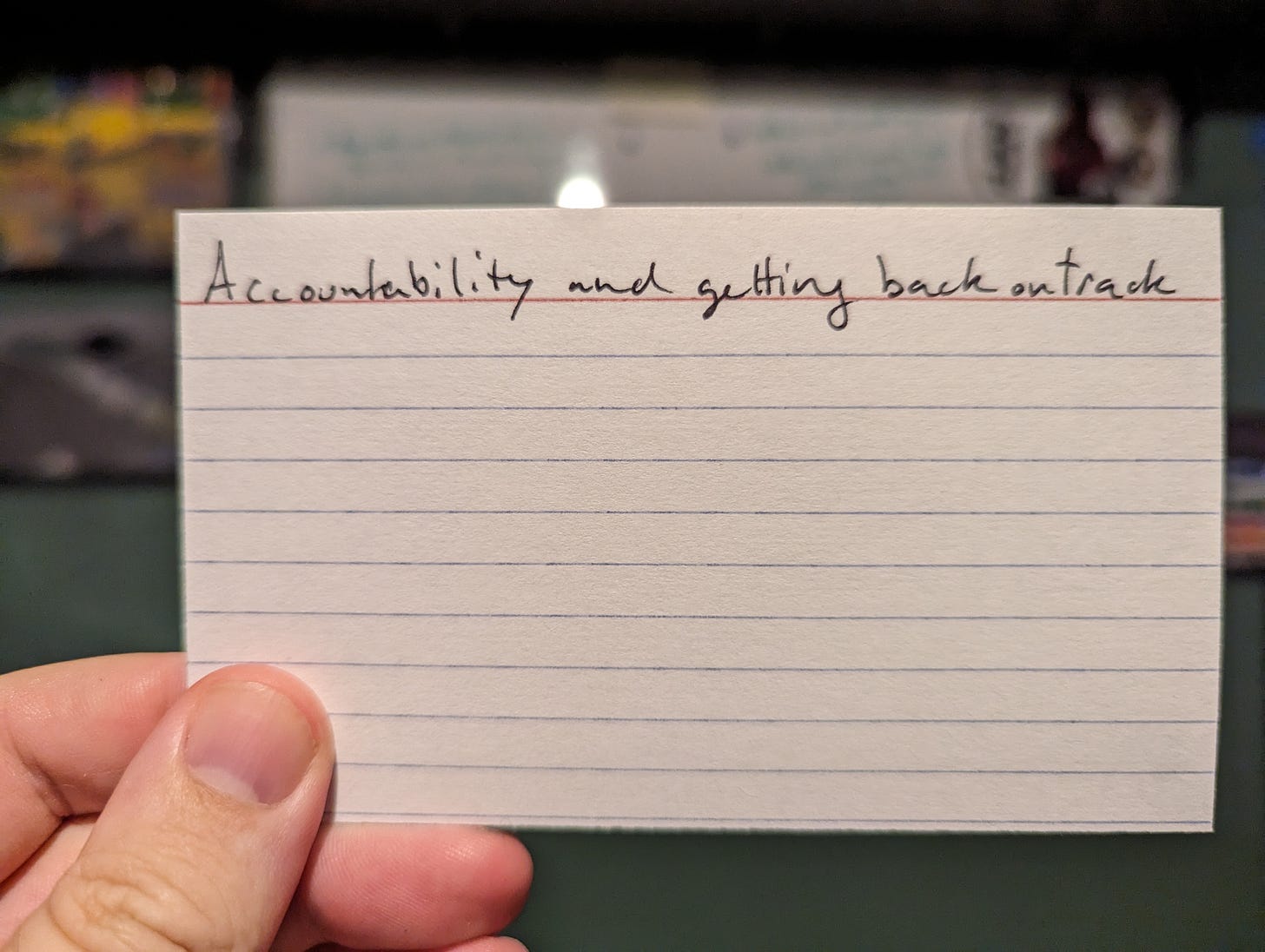Systems and instrumentation
Day 21
With any system we have expectations about what that system is supposed to do, how it's supposed to work, what we're supposed to get out of it. Part of orienting to that system, and understanding how well that system is working is having instrumentation in place. So a question that anybody should ask themselves when they're looking at ways of working and the system is built to support. That, is what instrumentation do they have in place, or what instrumentation do they need to have in place to know if that system is delivering well or where their opportunities to improve are at.
There is a natural aversion from some people to avoid measures. There is also a learned aversion to measures based on previous experience. We need to help people understand that measurements and instrumentation of the system is designed to help improve the output of the system. In the outcomes that we get, we need to teach the managers and leaders how to have conversations around the measures that come from the instrumentation of the systems.
Get measures first. Then determine how you want to use them to make changes and take action.

